4 shopping trends to expect in uncertain financial times [data + how marketers can adapt]
If you've watched the news recently, the possibility of a recession has captured everyone’s attention.
![4 shopping trends to expect in uncertain financial times [data + how marketers can adapt]](https://www.hubspot.com/hubfs/consumer-recession-spend.webp)
If you've watched the news recently, the possibility of a recession has captured everyone’s attention.
Most reputable sources say it's too soon to say whether or not a recession will happen, but, regardless, savvy businesses are thinking ahead and considering how their potential customers might react.
To give insight into how consumer behaviors are or could be shifting, I surveyed more than 200 U.S. consumers to ask them if their spending behaviors have already changed amidst the possibility of a recession, and how they would change if we were to enter one.
Table of Contents
- What is a recession?
- Are we in a recession?
- How Consumer Spending Habits Could Be Changing Today [2025 Data]
- How Spending Could Change in a Recession
- How an Upcoming Recession Could Differ from 2008
Recessions can be induced by global economic shocks, changes in consumer confidence, and other large-scale economic changes.
But this year, in particular, there are a select few factors that have spurred concern about a potential recession, including tariffs and federal job cuts.
For more on the cause of recessions and why some are concerned about them happening in the near future, check out this helpful post from our partners at The Hustle.
Are we in a recession?
I’m not an economist, so I looked to trained professionals for this answer.
JP Morgan Chase placed 2025 recession expectations at 60%, and in early March of 2025, the former Treasury Secretary said there is close to a 50/50 chance of a recession in 2025. While the stock market dropped in April (The Dow Jones Industrial Average ended the month with a 3.2% loss), the market returned a few weeks ago.
This being said, we (and by we I mean financial experts, not me, a HubSpot Blog writer) can’t declare a recession until there are two consecutive quarters of negative growth, and that hasn’t happened.
How Consumer Spending Habits Could be Changing Today [Data]
1. How has the news of a potential US recession impacted your spending habits?
In winter 2023, we asked consumers how the news of a potential US recession would impact their spending habits. The most significant reaction was to purchase less (30%) and spend money more conservatively than they did in previous months (28%).
I asked this same question in May of 2025, and there was a small change: consumers are reacting to a potential recession by spending more conscientiously than in previous months (28%), rather than slowing purchases overall (22%).
I interpret this as consumers being less panicked and more pragmatic about potential downturns because of what they learned about handling their financial situations from the economic effects of COVID-19 and post-pandemic inflation.

The number of respondents who say that the news of a potential recession hasn’t impacted their spending dropped from 13% in 2023 to 9% in 2025.
My Takeaways for Marketers
Rising costs of goods (see those egg prices recently?) and services often cause consumers to become more cautious in “frivolous” spending. I recommend focusing on strategies to help your business continue to draw in revenue while customers tighten their wallets. Discounts, sales, and deals are a great place to start, but the most impactful marketing play is highlighting your value proposition in all content you release.
Consumers are making strategic adjustments, so make sure all of your messaging and content make your value proposition and benefits explicitly clear so thoughtful spenders know exactly what they’ll get from going through with a sale.
How Spending Could Change In a Recession
Consumer spending behavior is often contingent on outside factors, and news of immense economic change is certainly one of those factors.
Below, I’ll go over what consumers told me about how they’d respond to financial uncertainty.
2. If a recession is declared, how will your home budget change in the first three months of this new financial era?
59% of consumers I polled this May (2025) say that, if a recession is declared, their home budgets will decrease.

As of April 2025, inflation hit 2.3%, but wages aren’t moving to match these changes. Naturally, the public is already looking for ways to avoid breaking the bank by reducing their budgets.
My Takeaways for Marketers
Lowered budgets mean consumers are going to be more thoughtful about how they spend their money.
This is important to keep in mind if financial uncertainty continues, but it’s not something to panic about or change your entire marketing strategy over. Instead, focus on championing the value your offer will bring to consumers. Hammer in on the benefits they’ll get and prove that they will genuinely be getting value for their money if they decide to spend it with you. Testimonials and user-generated content can go a long way in terms of supporting the benefits of what you’re selling.
3. During uncertain financial times, what did you spend the most money on?
I also asked consumers to reflect on their purchasing behaviors in previous uncertain economic times (like past recessions or the COVID-19 pandemic), and they reported spending the most money on necessities, most commonly essential groceries and food (58%).
That’s followed by fixed expenses like rent, mortgage, housing bills (like utilities), essential personal care and hygiene products, and medication and healthcare.

Since consumers also told me that they plan to maintain the same spending habits as they did in past recessions, you can learn from what they previously spent money on to recession-proof your strategies.
The biggest difference between how consumers spent most of their money in 2023 and 2025 is that clothing, shoes, and other essentials were the top 3 spending categories, higher than medication and healthcare. What this shows me is a shift to self-preservation. By reducing or eliminating spending on leisure or entertainment, people can ensure that families are taken care of before taking risks on “non-essential” purchases.
My Takeaways for Marketers
Consumers essentially don’t want to feel like they’re “wasting” money during a time when every dollar counts. Since they’re more conscientious about their spending, the best way for marketers in all industries to beat the skepticism is to lock in on proving the value customers will get from your product or service. If they know they’ll get genuine value, they’re more likely to spend money.
How an Upcoming Recession Could Differ from 2008
There are key differences between the potential recession in 2025, what happened during and after the pandemic, and the Great Recession of 2008, mainly the factors that will have caused it and its potential duration.
The recession in 2008 was due to debt-related excess built up in housing infrastructure, which took the economy nearly a decade to absorb. COVID-related fiscal and monetary stimulus contributed to inflation and drove speculation in financial assets.
According to Mark Zandi, Chief Economist at Moody’s Analytics, 2025 would be largely tariff-induced, as well as federal job cuts, DOGE changes, declining consumer confidence, and slowed spending.
There’s no way to predict how long it would last before it even happens, but Political Economist and Brown University Professor Mark Blyth says, “This is a once-in-a-generation shift in how we run the global economy.”
Whatever happens, the economy has already shifted in the past few months, and survey respondents told me that they have already started to spend money more conscientiously. And, if we enter a recession, they’ll have the same spending habits as they did during other uncertain financial times, which tells me that it’s important for businesses to be prepared for potential consumer shifts.
Key Takeaways for Businesses in 2025
As a marketer, I’m not an expert in financial markets or a source for investment, HR, or legal advice. The data above can help you understand consumer spending behavior during recessions, but it’s important to keep in mind that results are just a brief look into the eyes of consumers.
If there’s one thing I do know, though, it’s marketing. The survey results I discussed above tell me that marketers should be aware of how efforts might need to pivot with changing consumer needs or trends. Here are a few takeaways I suggest keeping in mind to adapt our marketing strategies for financial instability:
- Value-first marketing: As consumers and businesses tighten their budgets, making sales, retaining customers, and persuading people to buy non-essential products will be more difficult. I recommend focusing heavily on the value you’ll be able to provide, rather than your product or service being flashy, trendy, or cool. Consumers are more likely to spend money during these periods if they know it won’t be a “waste.”
- Partner with influencers and creators: Influencers and creators have loyal followings that relate to them and trust what they offer. If you already have an influencer budget, partner with people who have strong relationships with their communities and can demonstrate that they get value from what you offer.
- Champion testimonials, reviews, and UGC: Relatability will be a significant selling point during a recession, as people want to see proof that the money they spend will help them. Testimonials, reviews, and user-generated content show interested shoppers that people like them, who share their same pain points and needs, are getting value from what you offer.
- Create education-focused content: Consumers who do purchase from you want to make sure they get the most value, and education-focused marketing content will help them do exactly that.
- Revisit your customer journey maps: Revisiting your customer journey maps will help you add additional touchpoints for nurturing if consumers have longer consideration phases during a recession or general economic instability.
- Cost-effective marketing: You might want to explore more cost-effective strategies for marketing, like reducing excess ad spend and focusing on organic social, SEO, or email marketing instead.
Remember, financial uncertainties — and even recessions — are common. And while it might become more challenging to win customers in the coming months, business and consumers will still keep moving (and making purchases) even as we wait for the cycle to run its course.
Editor's note: This post was originally published in August 2022 and has been updated for comprehensiveness.
![]()












.png)












![How To Drive More Conversions With Fewer Clicks [MozCon 2025 Speaker Series]](https://moz.com/images/blog/banners/Mozcon2025_SpeakerBlogHeader_1180x400_RebeccaJackson_London.png?auto=compress,format&fit=crop&dm=1750097440&s=282171eb79ac511caa72821d69580a6e#)

![Brand and SEO Sitting on a Tree: K-I-S-S-I-N-G [Mozcon 2025 Speaker Series]](https://moz.com/images/blog/banners/Mozcon2025_SpeakerBlogHeader_1180x400_LidiaInfante_London.png?auto=compress,format&fit=crop&dm=1749465874&s=56275e60eb1f4363767c42d318c4ef4a#)







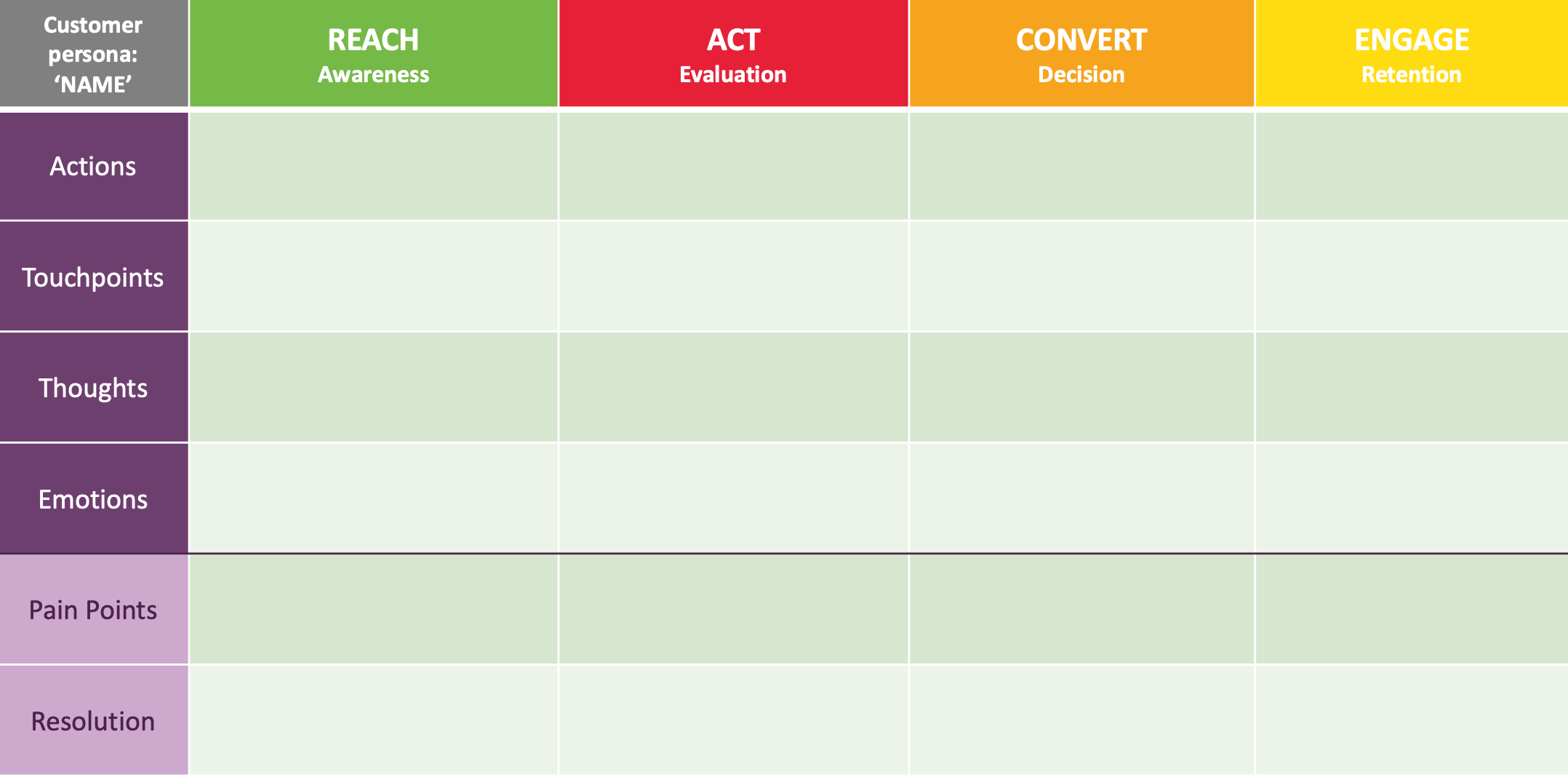















![The 11 Best Landing Page Builder Software Tools [2025]](https://www.growthmarketingpro.com/wp-content/uploads/2024/04/best-landing-page-software-hero-image-1024x618.png?#)
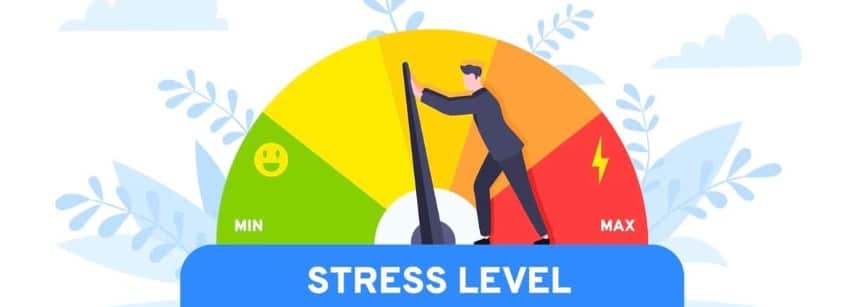

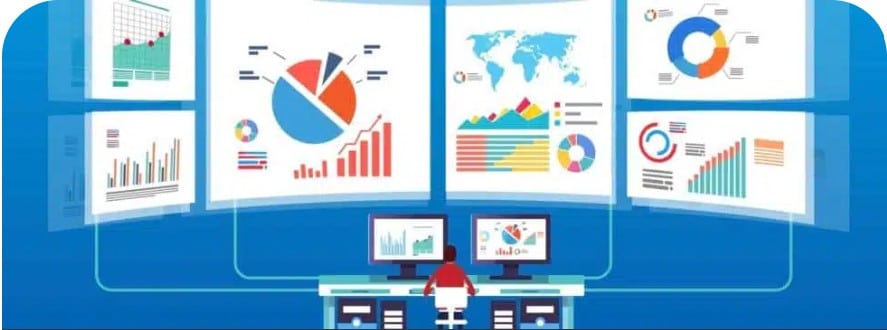
















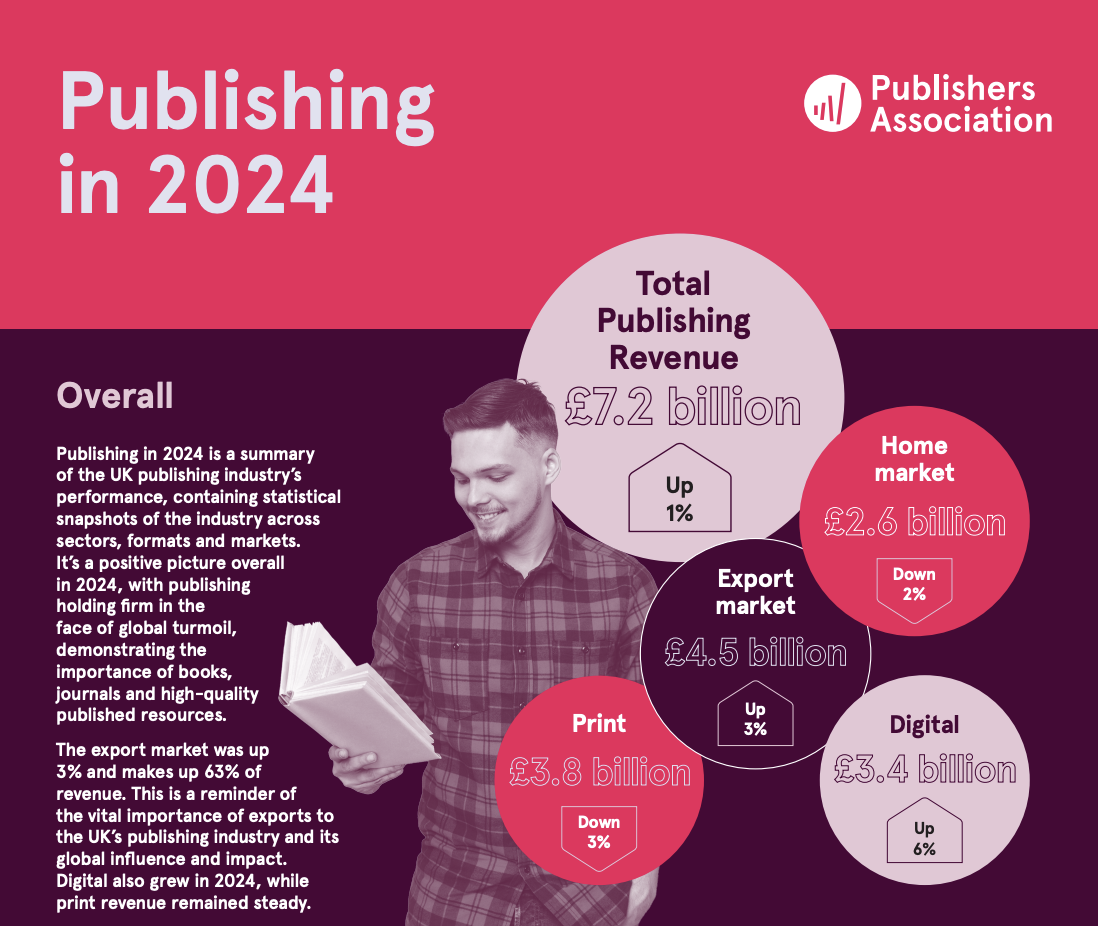



















![How to Create an SEO Forecast [Free Template Included] — Whiteboard Friday](https://moz.com/images/blog/banners/WBF-SEOForecasting-Blog_Header.png?auto=compress,format&fit=crop&dm=1694010279&s=318ed1d453ed4f230e8e4b50ecee5417#)
![How To Build AI Tools To Automate Your SEO Workflows [MozCon 2025 Speaker Series]](https://moz.com/images/blog/banners/Mozcon2025_SpeakerBlogHeader_1180x400_Andrew_London-1.png?auto=compress,format&fit=crop&dm=1749642474&s=7897686f91f4e22a1f5191ea07414026#)

![AIO Hurting Traffic? How To Identify True Loss With GA4, GSC & Rank Tracking [Webinar] via @sejournal, @lorenbaker](https://www.searchenginejournal.com/wp-content/uploads/2025/06/stat-sej-webinar-june-2025-668.png)








![AI Content Is 4.7x Cheaper Than Human Content [+ New Research Report]](https://ahrefs.com/blog/wp-content/uploads/2025/06/ai-content-is-4.7x-cheaper-than-by-ryan-law-data-studies.jpg)

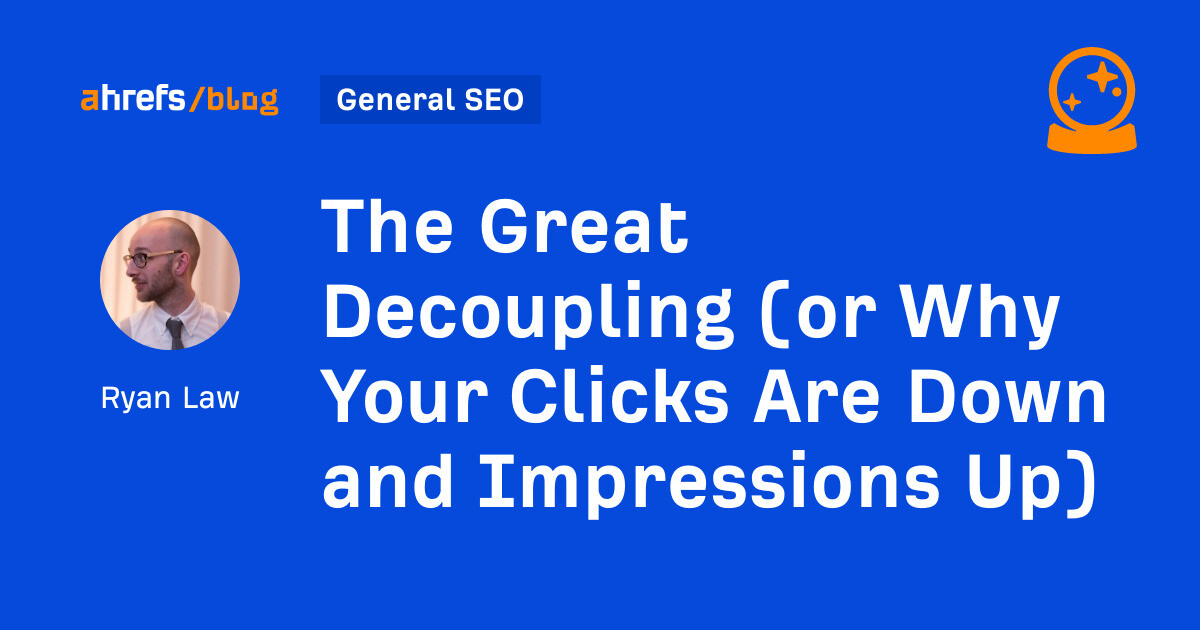

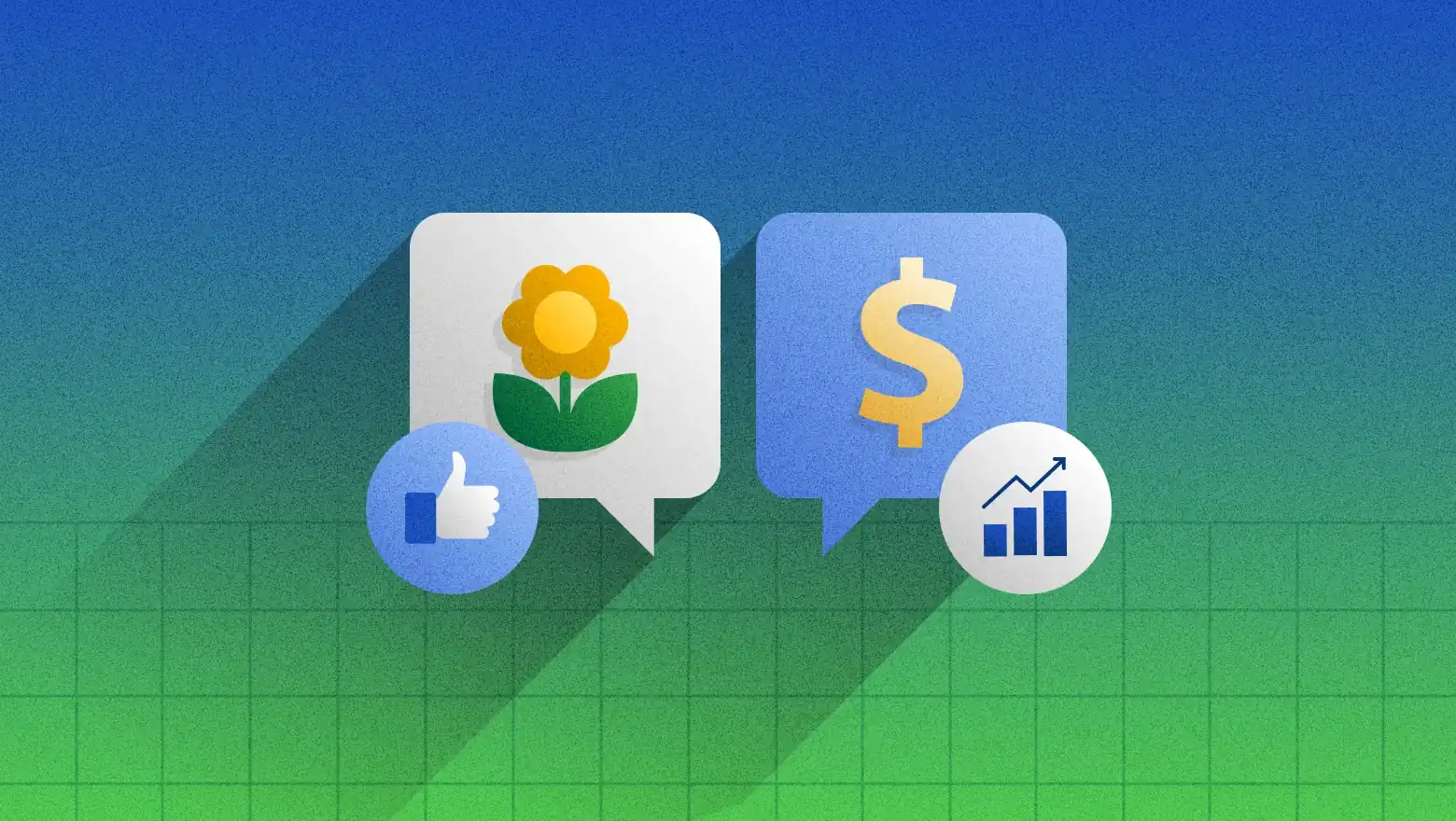











![Brand pitch guide for creators [deck and email templates]](https://blog.hootsuite.com/wp-content/uploads/2022/06/brand-pitch-template.png)

















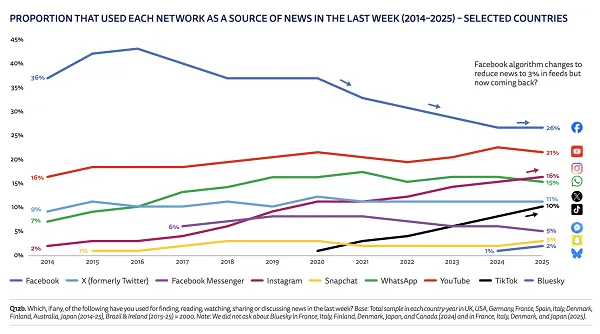
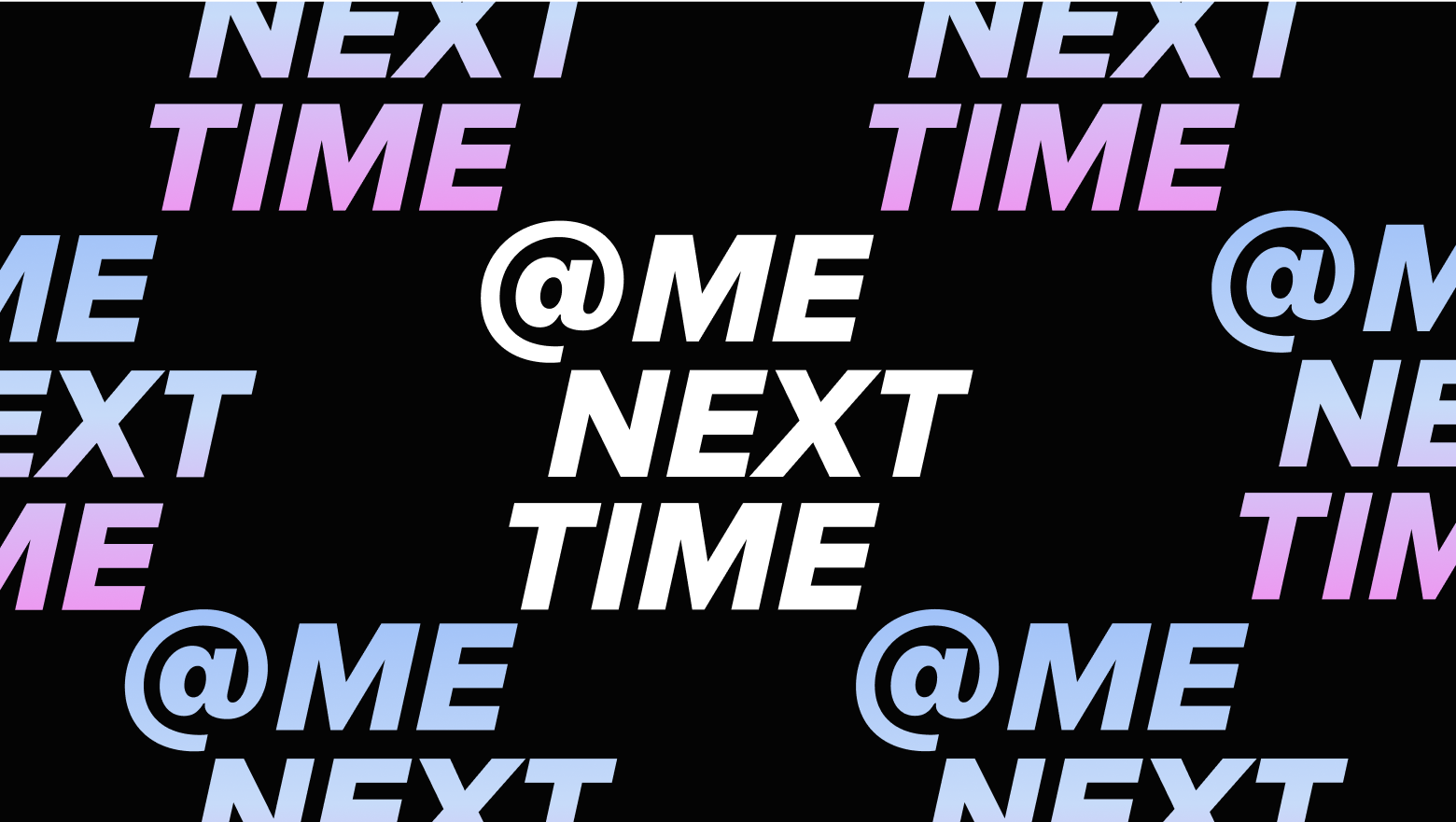

![Download Now: Free State of Marketing Report [Updated for 2025]](https://no-cache.hubspot.com/cta/default/53/db725f24-564c-483b-a28c-2d6ff9986516.png)
![What you're doing wrong in your marketing emails [according to an email expert]](https://53.fs1.hubspotusercontent-na1.net/hubfs/53/jay-schwedelson-mim-blog.webp)
![How to run a marketing campaign on a tight budget [expert tips & free tools]](https://www.hubspot.com/hubfs/19_What%20is%20a%20Marketing%20Plan%20%26%20How%20to%20Write%20One%20%5B%2BExamples%5D.png)

